
Terry Branstad, then U.S. ambassador to China, speaks at a reception held by the China General Chamber of Commerce-USA in Washington on June 20, 2018. (Photo by Zhao Huanxin / China Daily)
Terry Branstad, U.S. ambassador to China during one of the most treacherous periods in the bilateral relationship, said Tuesday that he hoped the two countries can expand trade and build trust despite their differences.
"It's important to recognize there're a lot of ups and downs in the relationship over the years, and it's a challenging time right now," Branstad said in an online conversation hosted by the U.S.-China Policy Foundation, a Washington-based non-profit organization.
"My hope is that we will recognize that we're the two biggest economies in the world. We're interdependent," said the former Iowa governor who served as the U.S.' top envoy in China between 2017 and 2020 during the Trump administration, when bilateral relations plummeted to their lowest point in decades.
It was a tenure during which the two countries signed the phase one trade deal that Branstad said was a "significant breakthrough"; enhanced cooperation in helping address the fentanyl problem in the U.S., while experiencing the start of the COVID-19 pandemic and the closure of a consulate in each other's country.
It also had some light and fun parts, including Branstad's family ski trip in Northeast China and a train journey to the Tibet autonomous region, where he experienced firsthand the Tibetan culture in Southwest China, Branstad said on the virtual talk.
"Unfortunately, I think this administration has gotten off to a slow start when it comes to trade," Branstad said of current U.S. trade policy.
The first face-to-face meeting between U.S. President Joe Biden and Chinese President Xi Jinping in Bali, Indonesia, on Nov 14 was a "good start" to be followed by discussions that he said will hopefully lead to improvements in the trade area.
"One of the things that could happen would be a reciprocal reduction in tariffs," he said.
The growing middle class in China has an appreciation of the safety and quality of American food, just as Americans appreciate the quality and the affordability of the Chinese products in the U.S., noted the former ambassador.
"So I hope that we can work things out in such a way that we can hopefully continue and even expand trade in a way that even though we have differences — political differences, where political systems are very different, and we have some huge philosophical differences, we still need to recognize that if we can work things out, especially in trade, that can not only benefit our two countries, but the entire world," he said.
Branstad was governor of Iowa when Xi first visited in 1985, when he was secretary of the Communist Party of China Zhengding County Committee in Hebei province. In February 2012, Branstad met Xi when he visited the Midwestern U.S. state as China's vice-president.
In his first year as governor in 1983, Branstad signed a sister-state agreement with Hebei province, and in 1984, brought a delegation of 50 people to Shijiazhuang, capital of Hebei.
Then in the spring of 1985, a delegation of five young men from Hebei province, led by Xi, went to Iowa, a trip that Branstad said "we went all out" to reciprocate the way Branstad's delegation was welcomed in Hebei.
"The result of that is, he has very fond memories of his first trip to America, and he has very fond memories of the people that he met in Iowa in '85, and he calls us all old friends," Branstad said.
The former diplomat said much of the progress in the relationship goes back to the sister states that have been developed between American states and Chinese provinces, and the sister city relationships as well.
"Those build friendships, and friendships can build trust, and that has led to significant trade and other cultural exchanges," he said.
There are 50 pairs of sister provinces and states, and 234 pairs of sister cities between the two countries, according to sources with the Chinese embassy in the U.S..
In a video dialogue between the sister cities of China and the U.S. on April 27, Chinese Ambassador to the U.S. Qin Gang said the exchanges between the people will empower bilateral relations to move forward.
"The resilience of our sister cities is the resilience of China-U.S. relations, and the closeness of our sister-city relations stands for the closeness of China-U.S. relations," Qin said.
Branstad said it's "critically important" to recognize that the Chinese take the long view of things, and Americans need to always look at ways in which they can try to work out differences with China and realize that the Chinese people are wonderful people.
"They have a great work ethic; they're very committed to education, their children, and they're very family oriented," he said. "We need to get to know the Chinese people; we need them to get to know us, and that can build friendships and hopefully trust and a better relationship down the road."








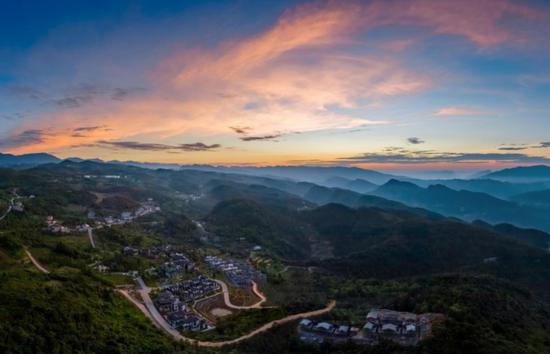
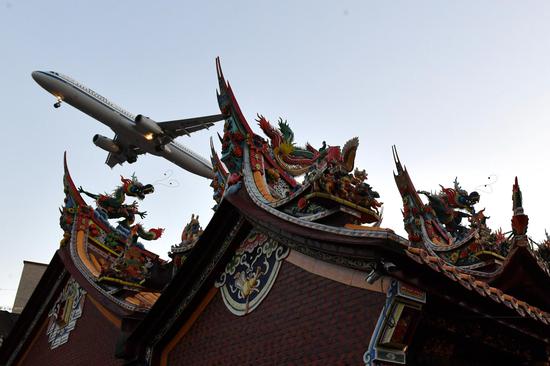

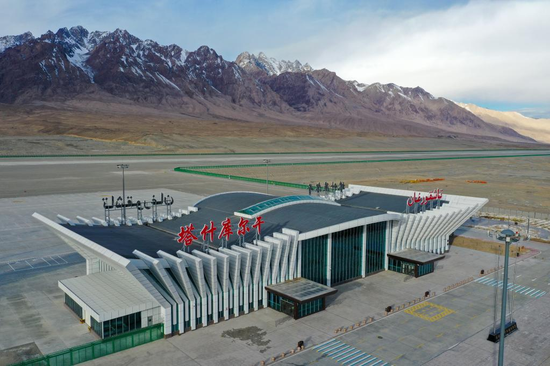
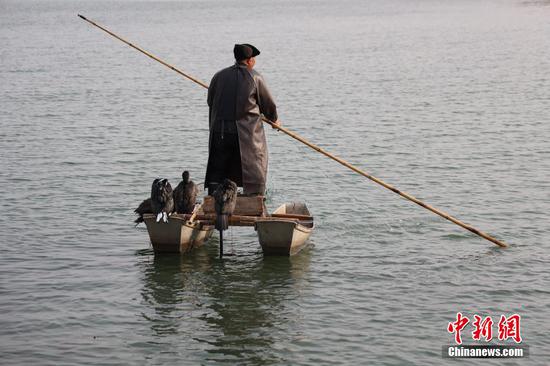
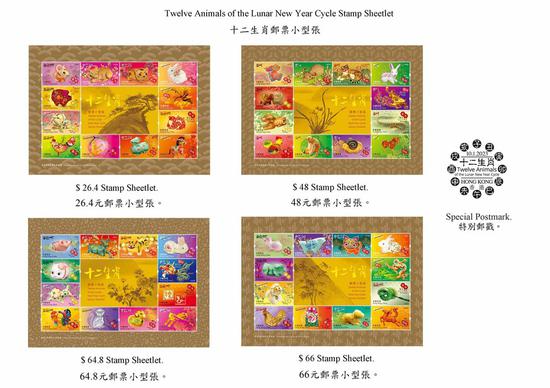
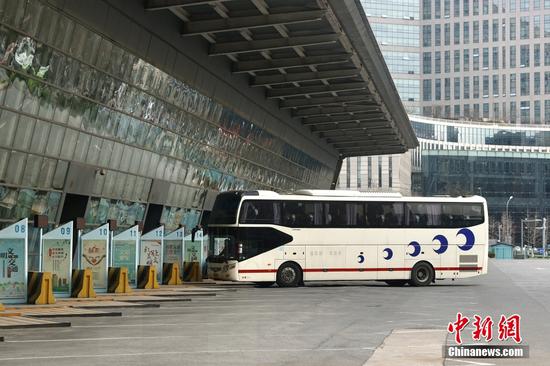




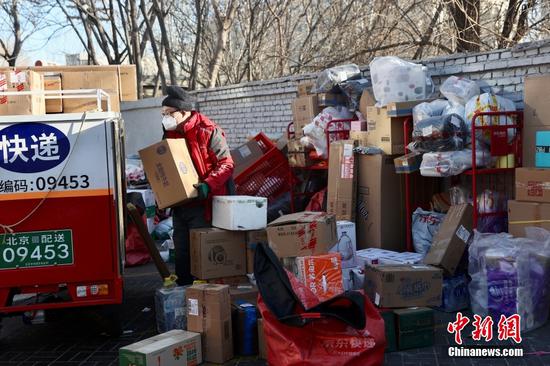

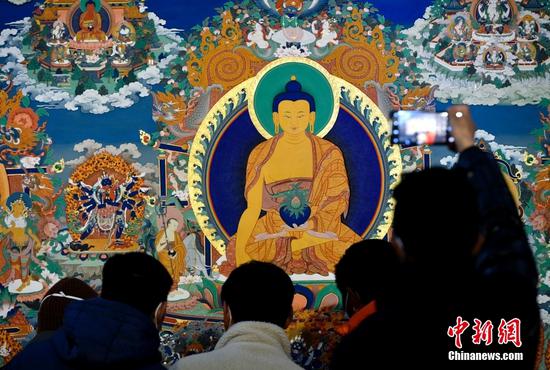



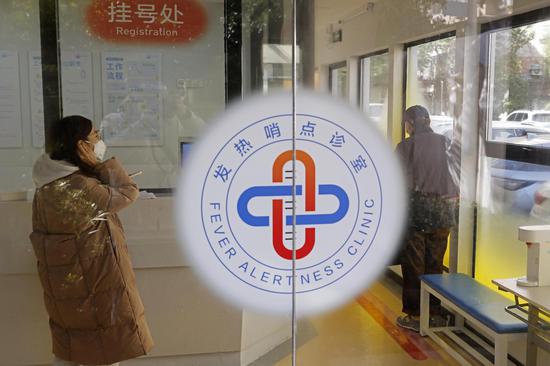



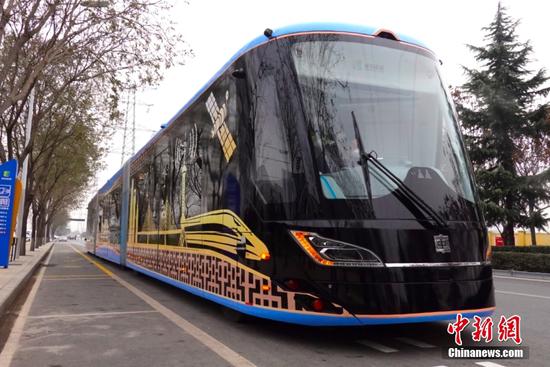

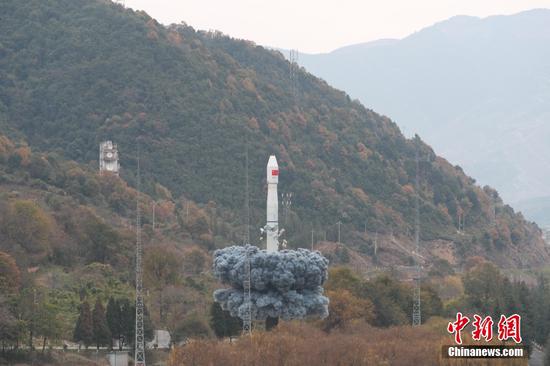
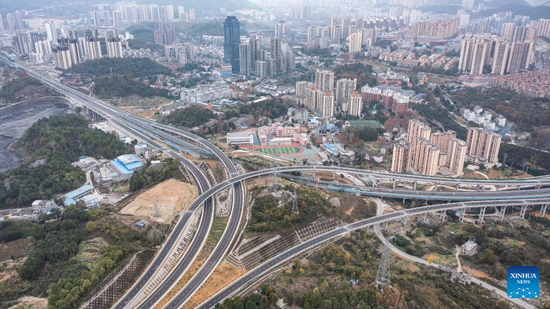
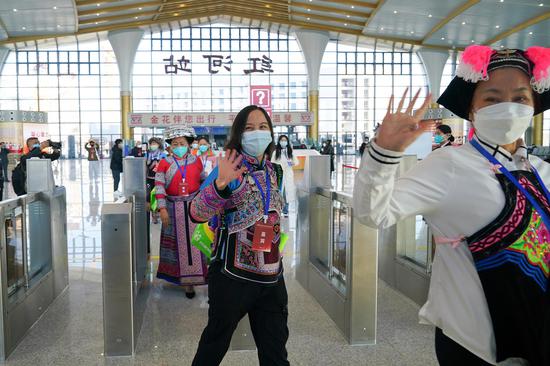

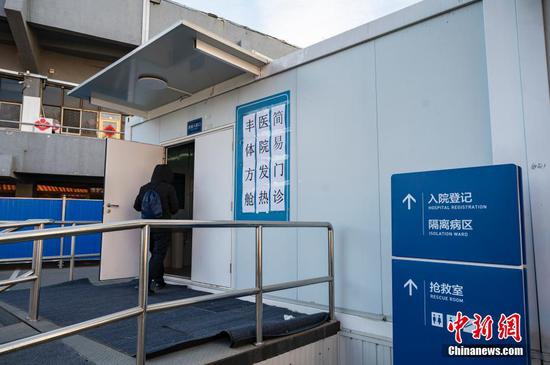
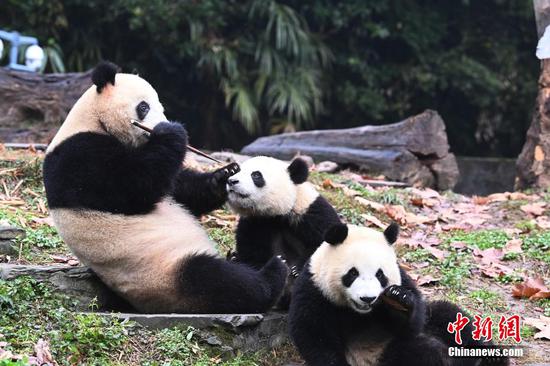

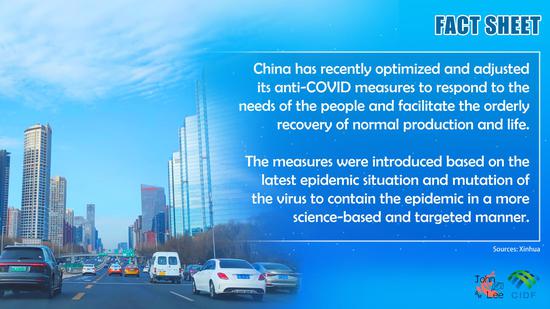
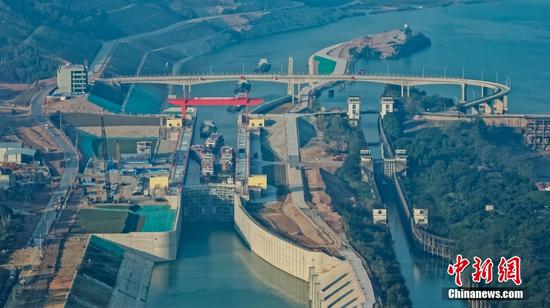


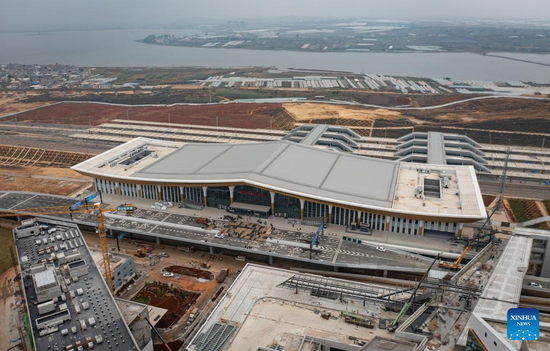

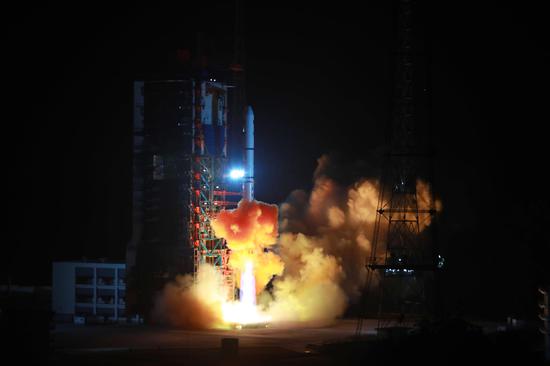





 京公网安备 11010202009201号
京公网安备 11010202009201号